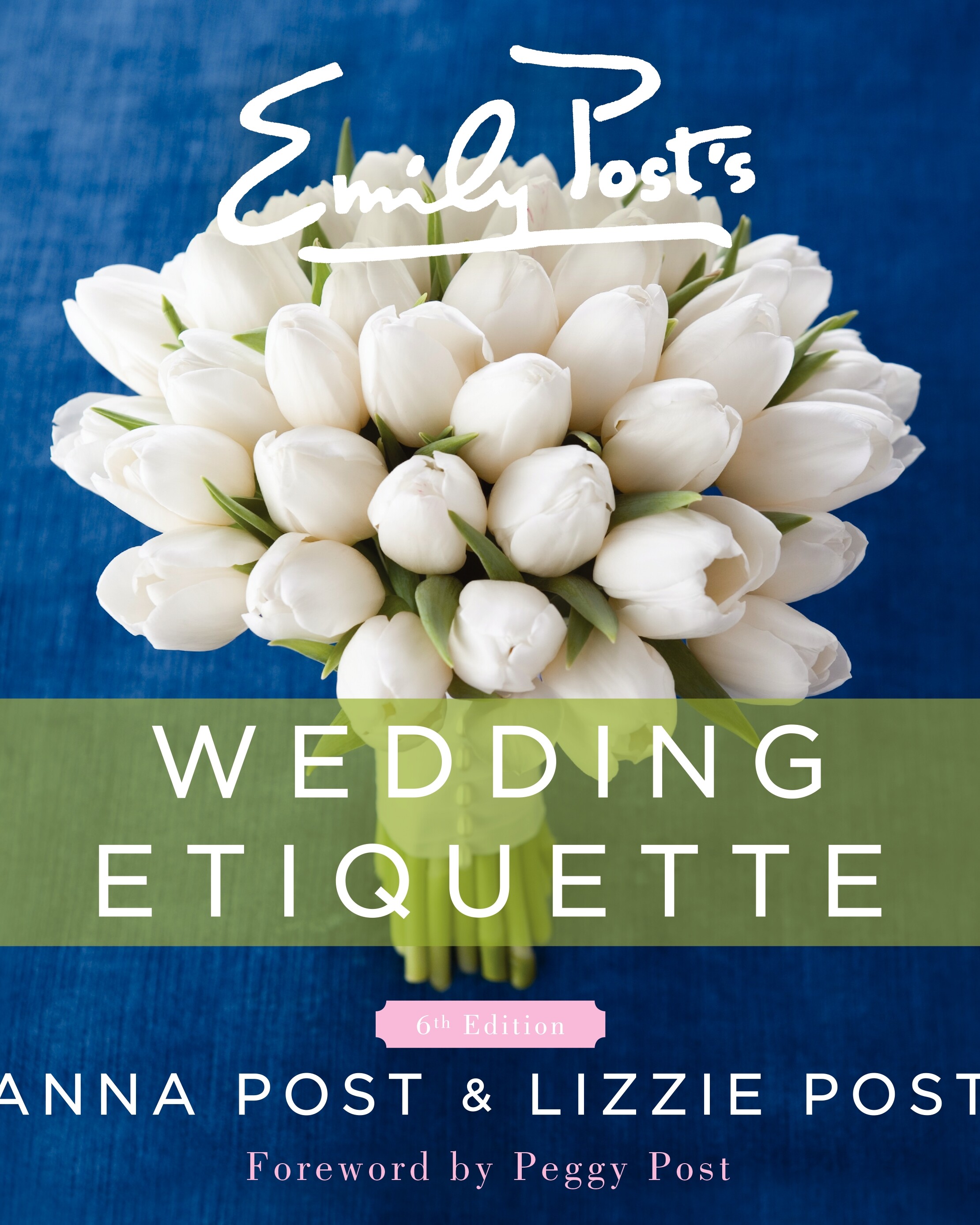
Inside Weddings: Handling Your Guests With Grace
Keeping Count and Keeping Cool
Everyone involved in a wedding has a part to play—and that includes the guests. And I’m not just talking about purchasing a gift! Although guests may seem to play a simple role in a wedding, they are famous for causing complications for the bride.
Complication #1: You can’t get a final headcount.
It’s getting close to your cut-off date and you still haven’t heard from everyone. You can’t work on seating, your caterer is getting antsy, and you don’t know how much champagne to order. If this sounds familiar, it’s time to start checking in with your guests. Try to give them a short amount of time to pull together their answer, and keep your message simple: “Hi Aunt Sara, it’s Natalie. We need to give our numbers to the caterers by Friday, and I haven’t received a reply from you, so I’m calling to see if you and Uncle Jason will be attending the wedding. We hope you can still make it!”
If you need to, you can have your fiancé, your parents, or even your attendants help you to make the calls. If a guest replies after the cut-off date, it’s up to you whether you can still accommodate them, though I recommend making it happen whenever possible. A little extra effort with the seating arrangements or a call to the caterer now will be much appreciated in the long run.
Complication #2: Guests want to bring guests of their own.
After much negotiating, crunching of numbers, appeasing of parents, and searching of venues, you finally locked in your final guest list. Then a loved one (or two, or 10) replies for themselves and a guest when no “and guest” was invited. Awkward as it may feel to have pressed for a reply, it’s nothing compared to the agony some brides face when people assume they can bring dates. Wedding invitations are not negotiations; the inner envelope is the final word on who exactly is being invited, and the names listed there are the only guests included in the invitation. (The one exception is when the phrase “and family” or “and children” appears, implying that any and all family members residing under the same roof are included.) If you run into this problem, it’s completely acceptable to contact the overzealous respondents and explain that the size of your venue (or spending limit) won’t allow you to add extra people to the guest list. It’s not okay for guests to ask you to make exceptions, so it won’t be rude in the least to stand by your guest list.
Now, you might wonder if there are times when a guest should in fact have a plus one. Brides and grooms should be aware that spouses, fiancé(e)s and live-in romantic partners (no matter the sex) must be invited with your guests; boyfriends and girlfriends who don’t reside together don’t need to be. This goes for anyone invited to the rehearsal dinner, too.
Complication #3: Guests assume they can bring their kids.
Remember the hard-won guest list you just had to protect from people who want to bring dates? Now you need to defend it from people who RSVP’d for themselves and their children, when in fact their little cherubs weren’t invited. Some parents do this in error, and others decide that you couldn’t possibly have meant to exclude their offspring. Either way, you’ll need to call to correct the situation. “Lisa, we are so happy that you and Alex are able to attend, but we’ve decided not to have kids at the wedding. We hope you both can still make it.”
Stick to your guns—making exceptions for one couple is insulting to other guests who respected your decision. If there are couples you suspect may get upset or have trouble finding a sitter, call them as soon as you know that children won’t be invited—even before the invitations have been sent—to alert them. By doing this you leave no room for doubt when their invitation arrives, and you also give them as much time as possible to make arrangements.
Complication #4: Extra guests show up at the reception.
And just when you thought you had cleared all the hurdles, you turn, white gown billowing around you, to see familiar faces whose names aren’t on the seating chart. At this point, the best thing to do is ask your caterer or wedding planner to find extra seats and arrange plates of food; then take a deep breath and welcome your new guests. And while you may be tempted, don’t read them a lecture on the finer points of invitation etiquette. This restraint will keep you calm, and shows the most gracious side of etiquette: The willingness to accept someone despite their lapse of manners.
This article originally appeared in Anna Post's column in the Summer 2008 issue of Inside Weddings









